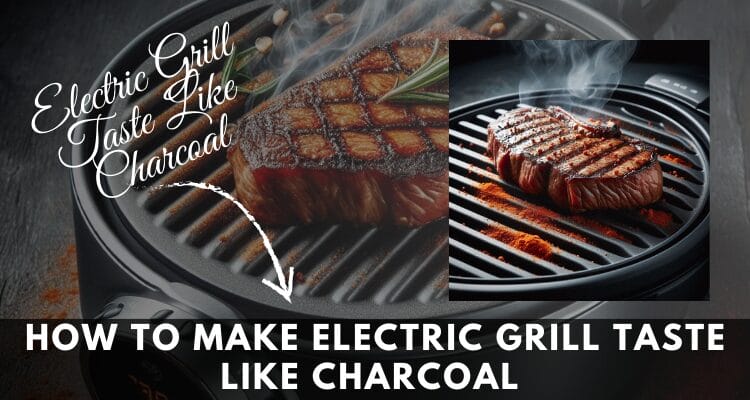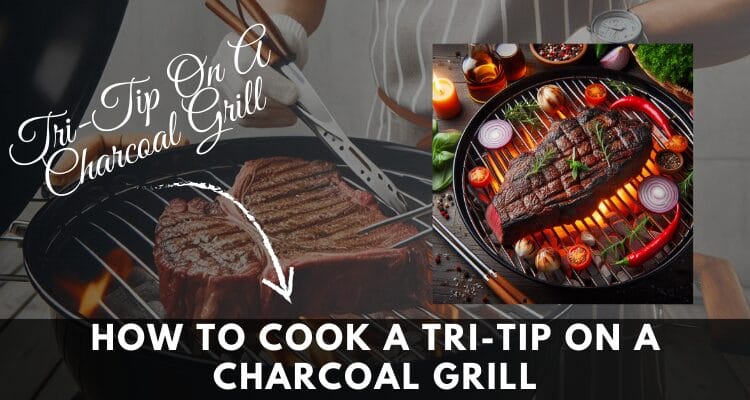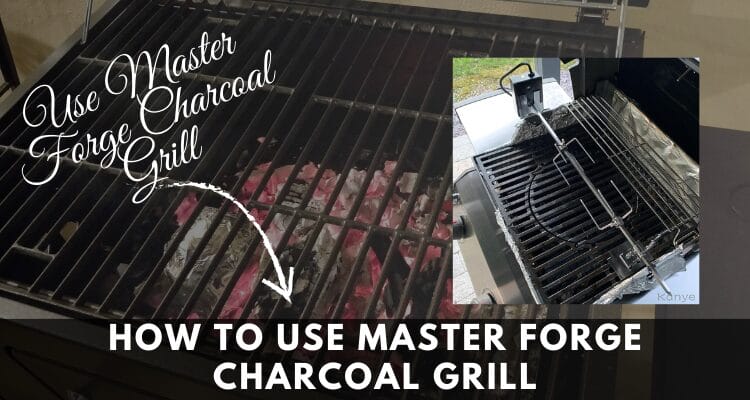How Long Do Weber Grills Last | Different Method
Weber grills are known for their durability and quality, but just how long can you expect them to last?
Weber Grills are known for their durability and can last for many years with proper care. With regular cleaning and maintenance, they can last up to 10-15 years. However, the overall lifespan also depends on usage and environmental factors. So, keep your Weber Grill well-maintained for it to last longer.
In my experience, Weber grills have consistently lasted for many years. I’ve had mine for over 10 years and it still works like new. However, the longevity of a grill also depends on how well it is maintained and used. With proper care, a Weber grill can last for decades.
In this article, we will discuss the factors that affect the lifespan of a Weber grill and provide tips on how to extend its longevity.
So Let’s Get Started!
Weber Grill Lifespan: Factors that Affect Durability
There are several factors that can affect the lifespan of your Weber grill, including:
Factor 1: Usage
The more frequently you use your grill, the faster it can wear out. Constant exposure to high heat and flame can cause deterioration of the materials over time.
This is why commercial grills tend to have a shorter lifespan compared to residential grills.
Factor 2: Maintenance
Regular cleaning and maintenance are crucial for extending the lifespan of your Weber grill. Failure to clean your grill can lead to a buildup of grease and food residue, which can cause corrosion and affect the performance of the grill.
Factor 3: Climate
The climate in which you live can also play a role in how long your Weber grill lasts. Extreme temperatures, high humidity, and exposure to harsh elements such as saltwater or sand can all contribute to wear and tear on the grill.
Factor 4: Quality of Materials
Weber grills are known for their high-quality materials, which contribute to their durability. However, like any other product, the quality of materials can vary depending on the model and price point.
Factor 5: Proper Storage
Storing your Weber grill in a dry, covered area when not in use can help protect it from the elements and extend its lifespan. Leaving it exposed to weather conditions can lead to rust and deterioration of the materials.
Maintenance Tips to Extend the Life of Your Weber Grill
To ensure your Weber grill lasts as long as possible, here are some maintenance tips to keep in mind:
Tip 1:Clean the grill regularly
Regularly clean your grill after each use to remove grease and food residue. Use a wire brush or scraper to remove any buildup on the grates, burners, and other parts of the grill.
Tip 2: Check for wear and tear
Inspect your grill regularly for any signs of wear and tear such as rust or cracks. If you notice any issues,1 address them immediately to prevent further damage.
Tip 3: Protect it from the elements
As mentioned earlier, storing your grill in a covered area can help protect it from harsh weather conditions. If you live in an area with extreme temperatures or high humidity, consider investing in a cover for your grill.
Tip 4: Replace parts when needed
Over time, certain parts of your grill may wear out and need to be replaced. This is especially true for the grates and burners, which are constantly exposed to high heat. Check your grill’s manual for recommended replacement intervals.
Tip 5: Use high-quality materials
When replacing parts or accessories for your Weber grill, make sure to use genuine Weber products. These are designed specifically for your grill and can help maintain its durability.
Comparing Different Weber Grill Models and Their Longevity
Weber offers a wide range of grill models, each with its own features and price points. Generally, more expensive grills tend to have longer lifespans due to their higher-quality materials and construction.
Here are some popular Weber grill models and their average lifespans:
- Weber Spirit: 7-10 years
- Weber Genesis: 10-15 years
- has15+ years
Of course, the lifespan of each grill can vary depending on usage and maintenance. But no matter which model you choose, with proper care and maintenance, your Weber grill can last for many years to come.
Signs Your Weber Grill Might Need Replacement or Repair
Over time, even the most well-maintained Weber grill may need to be replaced or repaired. Here are some signs to look out for:
- Significant rust or corrosion
- Uneven heat distribution
- Difficulty lighting the grill
If you notice any of these issues, it might be time to consider replacing your grill or getting it professionally repaired.
Common Issues and Solutions for Extending Weber Grill Lifespan
Some common issues that can affect the lifespan of a Weber grill and solutions to extend its longevity include:
1: Rust and corrosion
If you notice rust or corrosion on your grill, remove it immediately with a wire brush and apply a layer of high-heat-resistant paint to protect the metal.
2: Uneven heat distribution
Uneven heat distribution can be caused by clogged burners or damaged grates. Regularly clean your burners and replace worn-out grates to ensure even heat distribution.
3: Difficulty lighting the grill
This can be due to a faulty ignition system or clogged gas line. Check your grill’s manual for instructions on how to troubleshoot and fix these issues.
4: Excessive smoke
If your grill is producing excessive smoke, it could be due to grease buildup or a dirty firebox. Clean these areas regularly to prevent this issue.
By following these tips and properly maintaining your Weber grill, you can ensure that it lasts for many years of delicious grilling ahead.
Customer Reviews and Experiences with Weber Grill Longevity
Weber grills are worth a loyal customer base who have shared their experiences with the longevity of their grills. Here are some reviews from satisfied customers:
- “I’ve had my Weber for over 10 years and it’s still going strong! Worth every penny.” – Dave M.
- “My parents have had their Weber for over 20 years and it’s still their go-to grill. Worth the investment.” – Sarah L.
- “I’ve had my Weber for 5 years now and it’s still in great condition. I plan on using it for many more years to come.” – Mark T.
From these reviews, it’s clear that Weber grills have a reputation for lasting a long time and providing consistent quality grilling.
Conclusion
To sum it up, the longevity of a Weber grill depends on various factors such as usage, climate, and maintenance. However, with proper care and maintenance, a Weber grill can last for many years, even decades. Regular cleaning, protecting it from the elements, using high-quality materials, and addressing any issues promptly can help extend the lifespan of your grill. With its loyal customer base and positive reviews, it’s clear that Weber grills are a reliable choice for any grilling enthusiast looking to invest in a long-lasting grill.
FAQs
How Long Does the Average Weber Grill Last?
Weber grills are built to last, with an average lifespan of 10-15 years. Regular maintenance and proper care can even extend this duration.
What Maintenance is Required for a Weber Grill?
Routine cleaning, checking for wear and tear, and covering the grill during harsh weather conditions are simple yet effective maintenance practices.
Can I Leave My Weber Grill Outside?
While Weber grills are designed to withstand outdoor conditions, covering your grill or storing it in a sheltered area can significantly extend its life.
Are Replacement Parts Available for Weber Grills?
Yes, Weber provides a range of replacement parts, making it easy to refresh and refurbish your grill as needed.
Does the Warranty Cover Wear and Tear?
The warranty typically covers manufacturing defects, but regular wear and tear may not be included. Check the warranty terms for specifics.
How Can I Enhance the Lifespan of My Weber Grill?
Regularly clean the grates, check for gas leaks, and store your grill in a covered area when not in use to ensure a longer lifespan.






